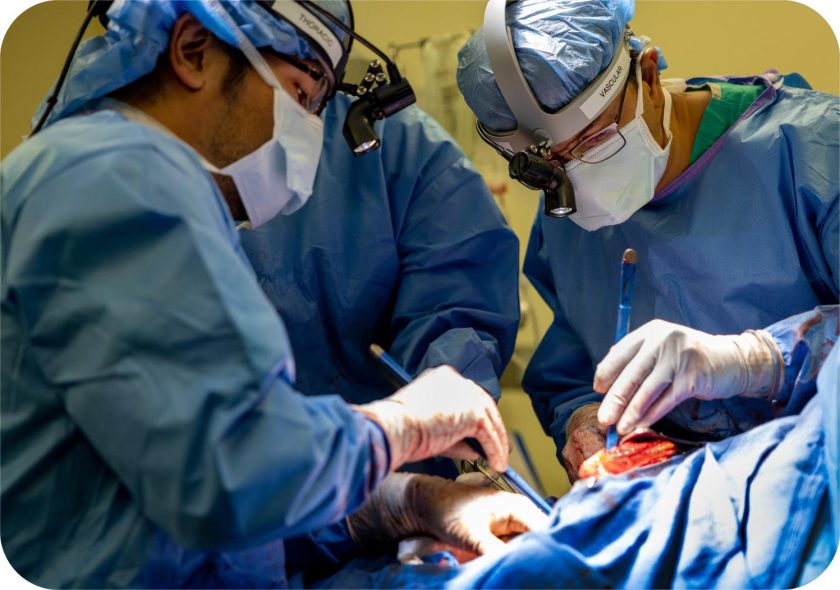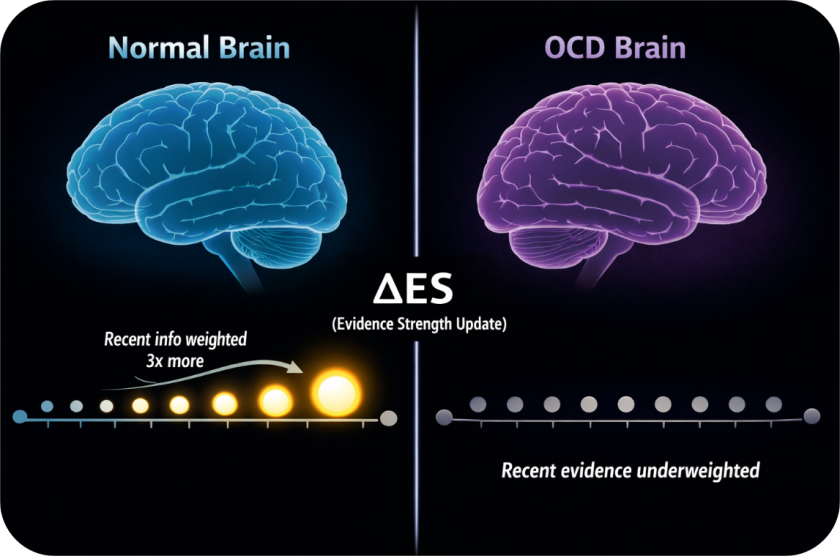Today, many patients worldwide are waiting for organ transplant, but there is acute shortage of organ available for the transplantation. There are complications related to closely match the group of donor and the patients and even if matched there are still chances that the immune system of the patient’s may reject the transplant. Therefore, researchers are studying to regenerate organ for patients on a worldwide scale. Although the process of growing bio-artificial organ is very complicated, the long medical research has finally reached a point where it has now become possible to able to grow a new organ in mice.
A team of researchers from the Medical Research Council Centre for Regenerative Medicine at the University of Edinburgh, have successfully regenerated the thymus.
Placed near the heart, the thymus is an organ that produces essential immune cells, known as the T cells in the body. The critical organ tends to get ineffective with the advancement in age, making older human susceptible to diseases such as flu and other infections.
To rejuvenate thymus of an aged mouse, researchers reactivated a natural process of the thymus that usually stops with ageing. The team specifically focussed on a single protein known as FOXN1, produced by the cells found in the thymus and helps regulate the process by which the key genes are switched on or off. The increased levels of FOXN1 in the mouse directed cells, with properties similar to stem cells to recreate the organ.
The reactivation of the process resulted in restoration of thymus structure, resembling to thymus of a young mouse. Researchers observed that the restored thymus was now capable of generating more while blood cells or so called T cells, which is responsible for fighting infection. However, it is not fully understood if this had any direct impact on the immune system of the mouse or not.
According to Professor of Tissue Stem Cell Biology, Clare Blackburn, the results achieved in mouse seem promising. Therefore, improved thymus function and enhanced immunity for aged people may be achieved, if the same pathway is targeted in humans. This can also help in developing advanced therapies for patients with suppressed immune system and other genetic conditions that hinder the proper growth and development of the organ as seen in DiGeorge syndrome.
But, before the mechanism can be tested in humans, further research is required to fully control the mechanism and making certain that the immune system is not over exploited and start attacking the body. As one of the fundamental aim while treating diseases with the help of regenerative medicine is utilizing the regenerating ability of the body and aptly managing them in a controlled way. As per Dr Rob Buckle, the Head of Regenerative Medicine at Medical Research Council, the study has proved that a single protein manipulation can help in achieving organ regeneration in mammals and this is likely to help in other areas of regenerative biology.
Well, it seems that in the future, researchers would be able to find a way of manipulating a single protein for heart or brain and thus delaying the aging process in humans and also creating desired organs for transplantation that would save time and life of patients waiting for a perfectly matched donor.
Source: Medicalxpress
Image: Dvice





